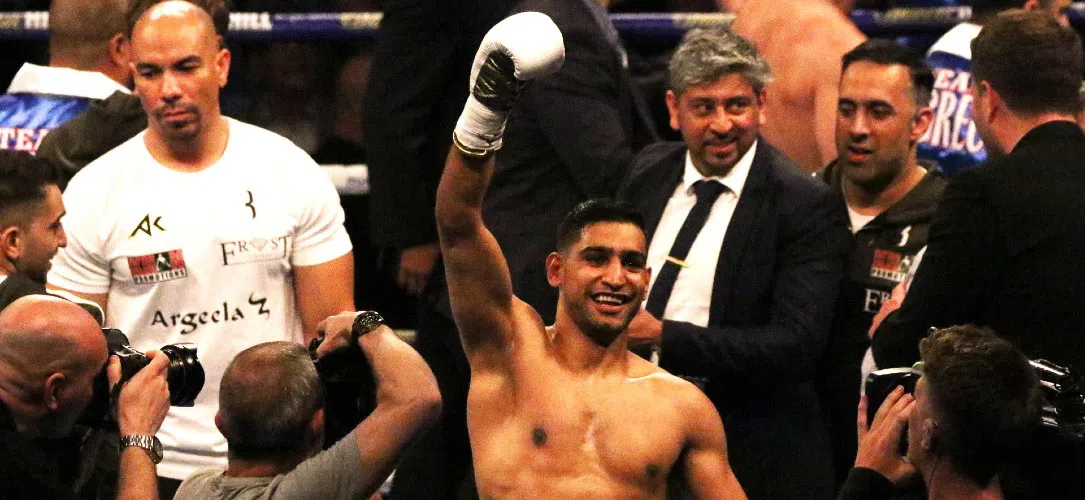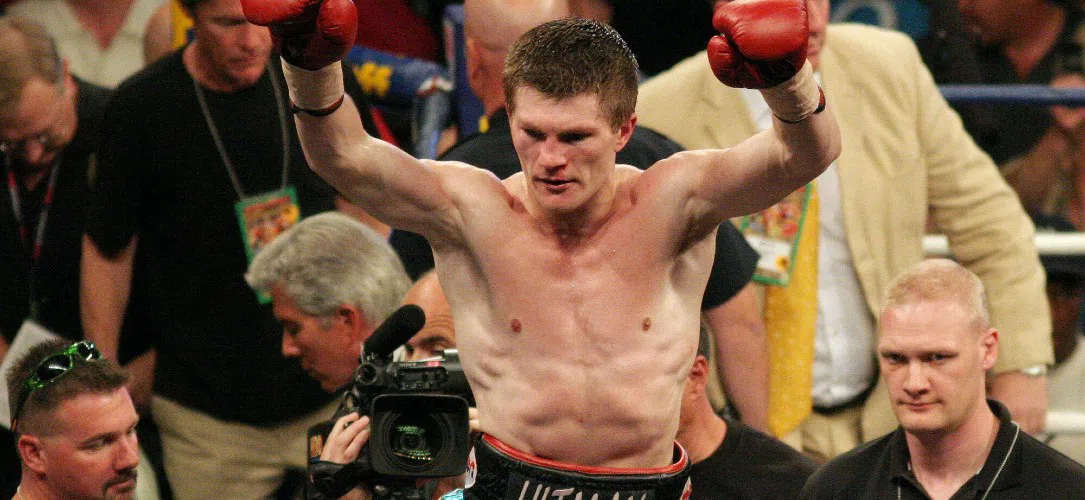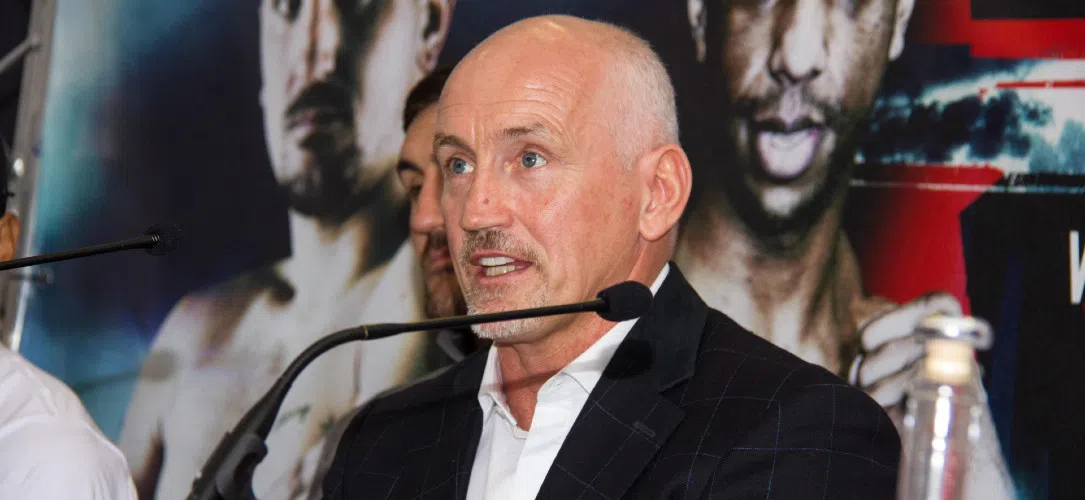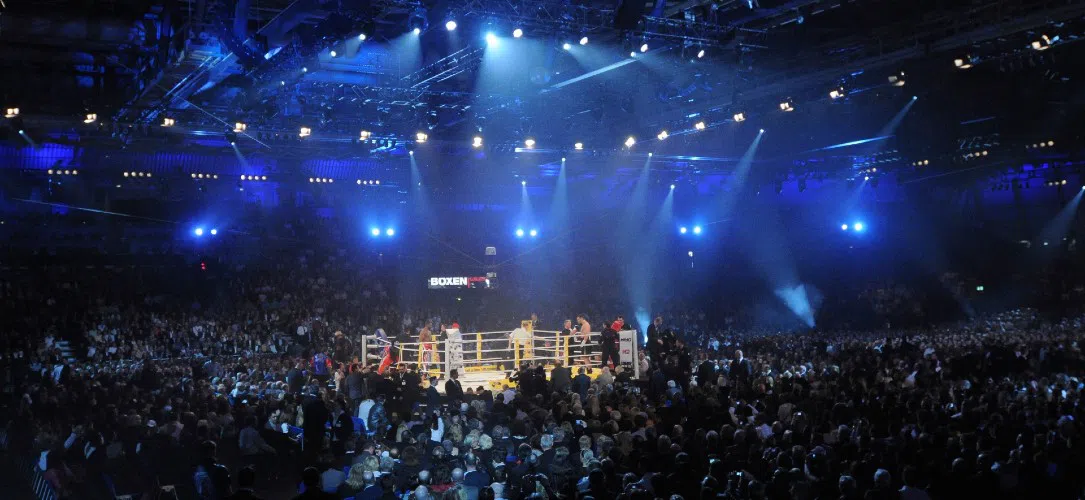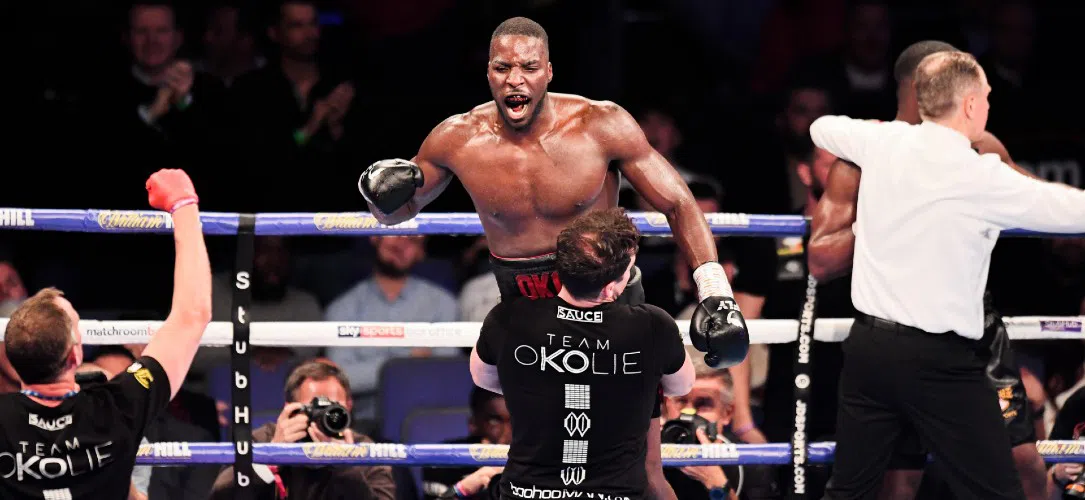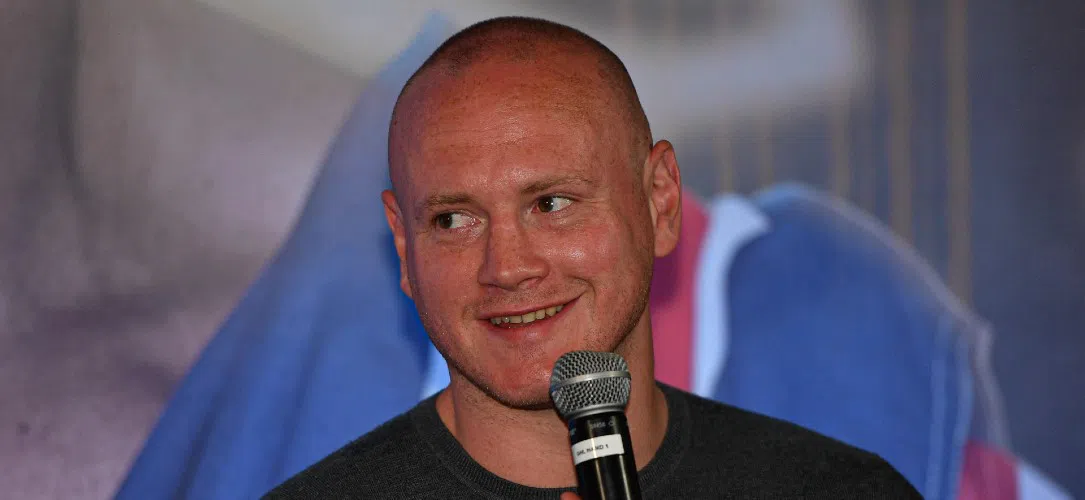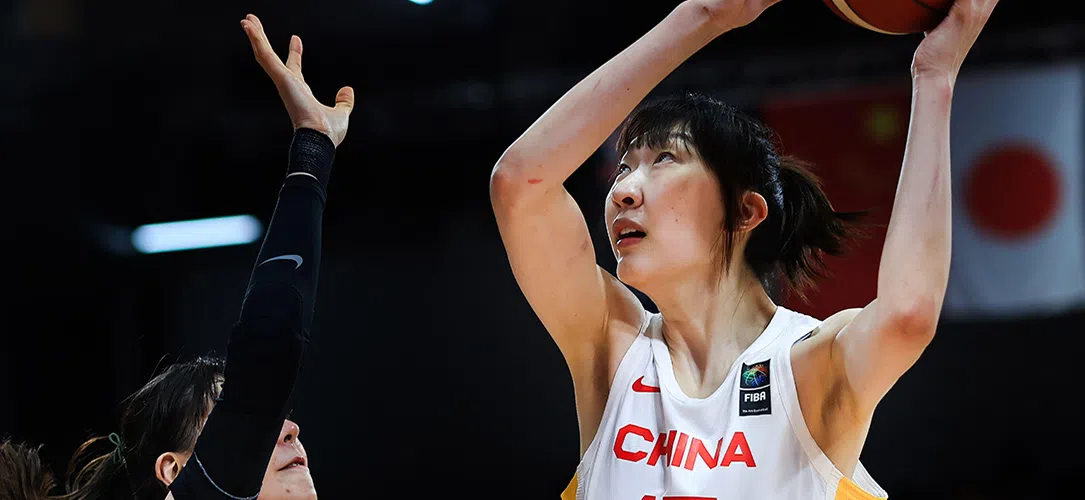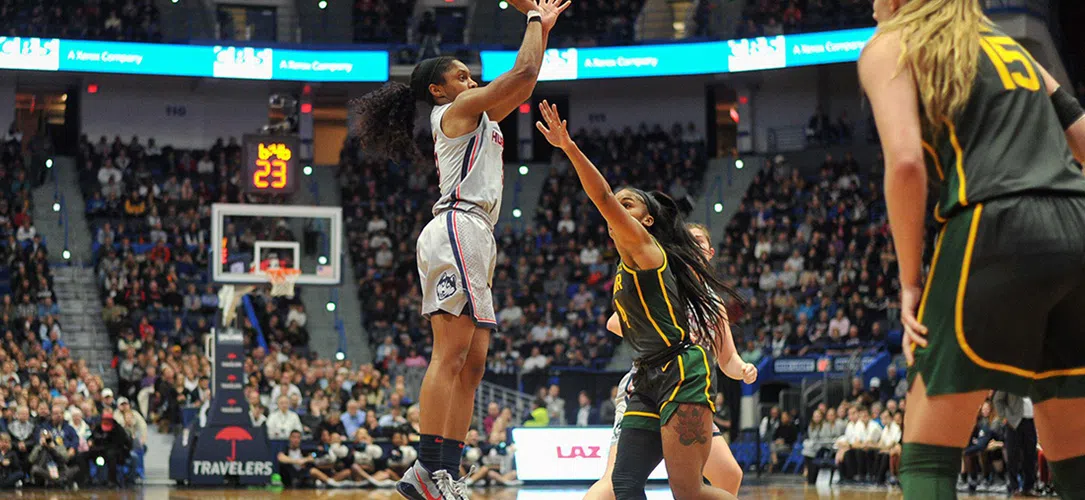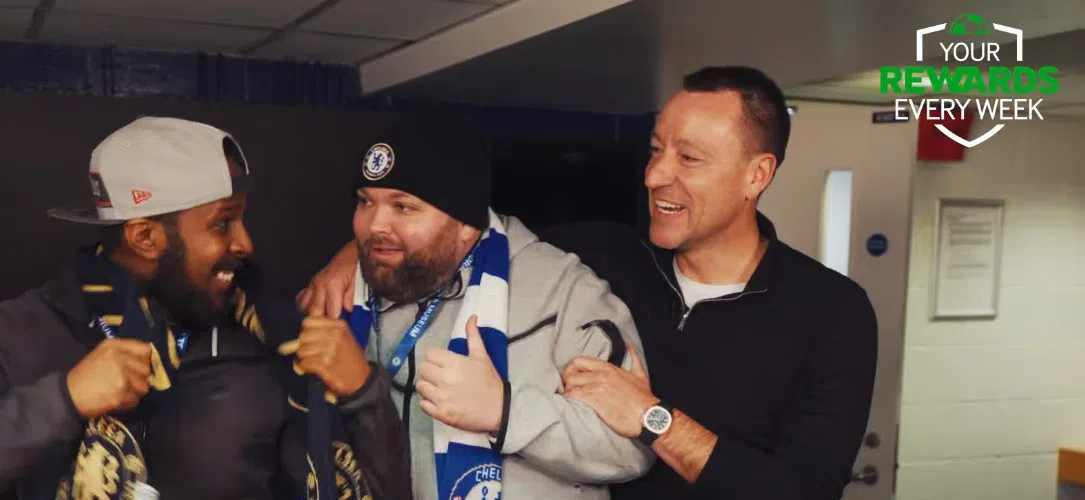In our exclusive interview, Mark Ellison reveals the 5,000-calorie diet that fuels AJ, who returns to the ring to face Alexander Povetkin on September 22.
“Josh is a freak,” says Mark Ellison, performance nutritionist for GB Boxing and, significantly, the man he is currently talking about: Anthony Joshua.
“There’s no other heavyweights like him – that are as lean as him, as athletic as him, that can cope with the training he does. He’s the only heavyweight I know that trains like a middleweight.”
So making sure Joshua gets the right food to fuel his sessions is crucial. In the lead up to a fight, it’s practically a full-time job.
“We only work in a fully integrated manner,” says Ellison. “We get requests for odds-and-sods work with individual boxers asking for a plan, but we can’t do it. We can’t give a good account of ourselves like that.”
Amateur boxers, like the ones who represent GB Boxing, are well looked after. For the professionals, though, it’s different.
“They’re on their own,” says Ellison. “So I get involved with the planning and get a schedule together.
“We will look at blood biochemistry, body composition and dietary intake, but also traits around what sort of individual they are.
“Do they cook? Do they have time to go shopping? It’s a huge body of work that keeps evolving.”

Some high-profile boxers famously fall out of shape in between fights, but that has never been an issue for Joshua.
On intense training days, which involve three to four hours in the gym, the 27-year-old’s calorie count grows to 5000, twice the daily average of most men.
“He is an unbelievable athlete,” says Ellison of the IBF world champion, who is the {ODDS:290803076:1/20} favourite in the latest boxing betting to beat Alexander Povetkin on September 22.
“He’s unbelievably committed, he focuses on the details and he works his absolute nuts off.
“The challenge for me is making sure he eats enough.
“We ease a lot in with liquids. These are extra calories that we have to hide in his diet so that it is palatable.”
What, then, does 5,000 calories look like?
As pieces in the Telegraph and on CNN explained last year, a typical Joshua meal plan consists of five eggs, two slices of wholemeal toast, Greek yoghurt and fruit. And that’s just for breakfast.
Lunch is a hearty portion of fish – either salmon or tuna – two baked potatoes and salad, while dinner (or tea, depending on where you’re from) is chicken, white rice, pitta bread or mashed potatoes and vegetables.
For every kilo of his 113kg body weight, Joshua requires six to eight grams of carbohydrates, two grams of protein and one gram of fat.
It is, as Ellison laughs, “a shit-ton of calories”.
Eating the right foods at the right times is just as important.
Low-glycemic carbohydrates such as rice, potatoes, pasta, grains and porridge oats form “foundational meals” away from training, while faster-releasing, high-GI carbohydrates – found in sports drinks such as Lucozade and Joshua’s sponsor EQ Nutrition – are used to deliver energy quickly in the gym.
Protein, meanwhile, is crucial in feeding and repairing Joshua’s huge muscle mass.
White meat is preferred on heavy training days as it is easier to digest, but the iron in red meat means the occasional post-steak training is a must.
Add in good quality fats and oils from avocados, nuts, seeds, salad dressings and fish and you have a clean, balanced diet that can fuel even the biggest athletes.
Ellison has worked in sport for 10 years and, while the principles he adheres to are no new thing, he acknowledges that the wider interest in it means “nutrition’s big business now”.
“The athletes I’ve worked with over the years have all been motivated and wanted to be the best, and would have eaten anything we told them to if it’d make them better,” he says.
“But they’re more aware now.
“They ask more questions, and are more educated. They want to know why we’re doing things, whereas in the past it’d be like total trust.
“Because of social media, they see what their competitors or other athletes are doing. So rather than me having to push things, young athletes are coming to me with questions.”
That can sometimes bring problems, though.
“There are some cranks talking about bullshit high-protein, high-fat diets and mad supplements,” says Ellison. “Things that they’re trying to sell, like a six-week weight-loss plan. It’s a con.”

Rather than quick fixes and get-fit-fast schemes, Ellison focuses on making solid progress using the basic foundations of nutrition, which apply not just to high-level athletes, but the average person, too.
“The way we work, it’s about long-term behaviour change, long-term relationships, long-term education, changing the way athletes and coaches work, working together as a team towards a long-term goal,” he says.
He favours a food-first approach, with white meat and oily fish preferred to supplements, although the latter is crucial to Joshua’s training.
“When you’re training four hours a day, twice a day, your opportunities to eat are massively reduced,” he says.
“If we can use liquids to get in some proteins and carbohydrates quickly, then that serves a great purpose.
“It helps us recover quickly, doesn’t impact on appetite as much, and lets us have a proper meal an hour later.
“Without those liquids, we’d be screwed.”
But how about those gym buffs who will never not be seen without a protein shake?
A prepared recovery meal – a chicken pitta with fresh salad, for example – is far superior nutritionally, Ellison says, not to mention more cost-effective.
Ultimately, though, whether you’re a heavyweight champion or occasional gym goer, it always comes back to the fundamentals.
As Ellison puts it: “If you’re not doing the right training, and your diet’s a load of shit, you’re wasting your time.”
This article was originally published in April 2017





